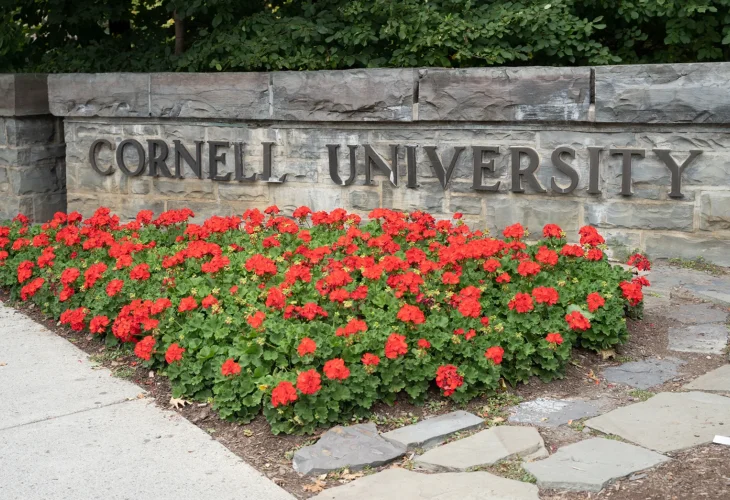"Distorting History, Justifying Terror": Uproar Over Anti-Israel Course at University
Prof. Menachem Rosensaft, a law professor at Cornell University, opposes a course accusing Israel of genocide. He sent a letter to the university president, who has faced criticism online but has not halted the course.
 (Photo: shutterstock)
(Photo: shutterstock)Cornell University President, Prof. Michael Kotlikoff, is at the center of a controversy due to a course alleging Israeli genocide and supporting Gaza. The course was approved by the academic program committee and primarily accuses Israel of "colonial acts" and even genocide in Gaza.
Kotlikoff sharply criticized the course's content, emphasizing the importance of presenting diverse viewpoints in academic courses, especially on controversial topics. Social media users have also openly opposed this unusual decision. One user wrote: "Find me one place where a course erases Palestine from the map. If that happened, the world would lose its mind."
The course, expected to be taught by Prof. Eric Cheyfitz from the American Literature department, has drawn sharp criticism from faculty members and Jewish organizations. Cheyfitz, known for his extreme views on Israel, labeled the country a "terrorist state" shortly after a Hamas terror attack. Critics argue the course is nothing more than one-sided propaganda legitimizing terror organizations and endangering the safety of Jewish students.
Prof. Menachem Rosensaft, a law professor at the university, argued in a letter to the president that the course could fuel anti-Semitism and justify violence against Jewish and Israeli students on campus. He stated, "This is blatant political bias that has no place in a respectable academic institution like Cornell." He claimed the course distorts history and justifies Palestinian terror, serving as a platform for anti-Israel preaching.
"Such a course should raise red flags, especially when taught by a faculty member with a history of extreme views against Israel. There's no doubt he'll use the platform to spread his views instead of engaging in objective education," Rosensaft wrote. He further warned that the course, given during such a sensitive time, could exacerbate the political divide on campus.
Nevertheless, the university president supported academic freedom of expression. He expressed disappointment with the approved course content but did not seek its closure. "Academic freedom does not exempt from presenting balanced viewpoints. We have a responsibility to enable thorough discussion, not preach extreme views," said Kotlikoff.
As mentioned, despite Kotlikoff's attempts to emphasize the importance of balanced and inclusive academia, he has encountered resistance from faculty members supporting the course. Supporters claim his statements amount to "a threat to academic freedom."
The incident highlights the fine line between academic freedom and moral responsibility, placing Cornell at the heart of the discussion on political content in higher education institutions worldwide.

